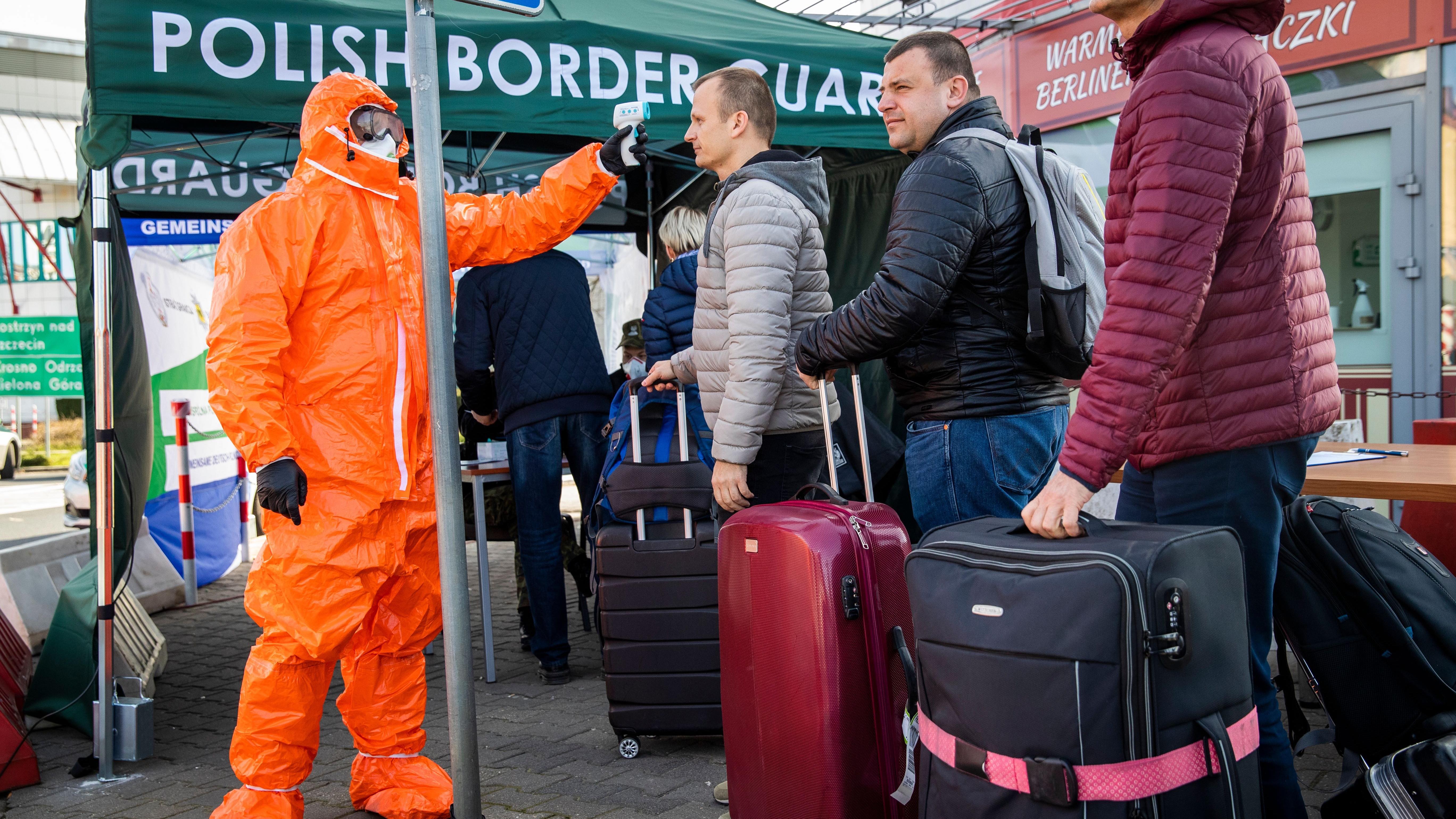‘Insider dealing’: how Poland’s coronavirus response triggered political scandal
Health minster alleged to have bought £1m of PPE from ski instructor friend

A free daily email with the biggest news stories of the day – and the best features from TheWeek.com
You are now subscribed
Your newsletter sign-up was successful
Poland’s success in avoiding the worst health impacts of the coronavirus pandemic has been marred by a growing political corruption scandal.
As the nation continues to battle the Covid-19 outbreak, once popular Health Minister Lukasz Szumowski has been accused of shady practices and nepotism in the procurement of personal protective equipment (PPE).
The allegations come at a bad time for President Andrzej Duda, an ally of the ruling Law and Justice party (PiS), who is fighting to win a second term.
The Week
Escape your echo chamber. Get the facts behind the news, plus analysis from multiple perspectives.

Sign up for The Week's Free Newsletters
From our morning news briefing to a weekly Good News Newsletter, get the best of The Week delivered directly to your inbox.
From our morning news briefing to a weekly Good News Newsletter, get the best of The Week delivered directly to your inbox.
What are the accusations against Szumowski?
The health chief has faced growing criticism for his role in his government’s attempts to obtain equipment to help curb the Covid-19 spread, reports Reuters.
And public anger has exploded after Polish newspaper Gazeta Wyborcza reported that Szumowski bought masks with fake certificates from a skiing instructor who is friends with his businessman brother, Marcin.
Poland’s Health Ministry reportedly spent five million zloty (£1m) on 120,000 FFP-2 type face masks and 20,000 surgical masks that were later found not to meet safety standards, Politico says.
A free daily email with the biggest news stories of the day – and the best features from TheWeek.com
Polish media has claimed that Szumowski paid 39 zloty (£7.90) per mask, up from a retail price of four zloty (81p) at the start of the pandemic.
Critics have also questioned Szumowski’s previous dealings in government. Polish news network tvn24 reports that while serving as deputy science minister in 2016-17, he gave 300 million zloty (£60m) in grants from Poland’s National Centre for Research and Development (NCBR) to OncoArendi Therapeutics, a research company run by his brother.
Another company in which Szumowski was a shareholder, Life Science Innovation (LSI), was reportedly given a 24 million zloty (£5m) NCBR grant just days after he took up the ministerial post.
Szumowski’s wife was later revealed to be a stakeholder in both OncoArendi Therapeutics and LSI.
–––––––––––––––––––––––––––––––For a round-up of the most important stories from around the world - and a concise, refreshing and balanced take on the week’s news agenda - try The Week magazine. Start your trial subscription today –––––––––––––––––––––––––––––––
And the reaction?
Szumowski has denied the allegations, telling Polish broadcaster Polsat News that “neither I, nor my brother, nor my wife, have done anything wrong. There is not a single fact that would indicate any irregularities. It is evidently a game resulting from the election calendar and I have become a bit of a target to hit.”
In a statement to Politico, a Health Ministry spokesperson said: “We will claim every zloty spent for equipment that turned out to be defective.”
Szumowski’s brother has also publicly denied the “untrue insinuations”.
And Poland’s governing party has “raced to support the embattled minister” too, says Politico.
At a press conference on Tuesday, Prime Minister Mateusz Morawiecki said that Szumowski had “saved Poland before a cataclysm like we saw in Western Europe”.
Despite the PPE scandal, Poland has reported fewer than 25,000 reported infections and just over 1,100 deaths, according to latest figures.
PiS leader Jaroslaw Kaczynski told the state-owned Polish Press Agency that “these are attacks on a man who has become an icon of tackling the coronavirus efficiently”, adding: “The allegations are laughable.”
The Polish Parliament’s Health Committee this week rejected a motion put forward by opposition MPs to call a no-confidence vote in Szumowski.
However, Michal Szczerba of the centrist Civic Platform noted that the motion was defeated by a single vote. But for now, “all the questions about conflicts of interests remain without an answer”, he said.